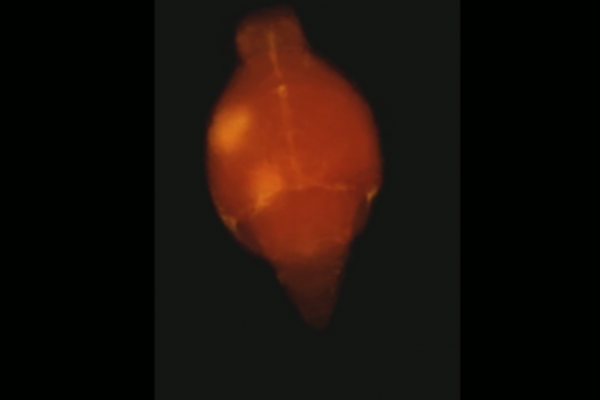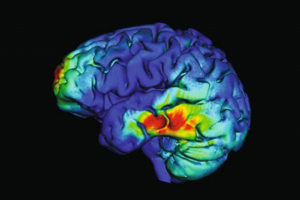New Ultrasound Technique is First to Restore Dopaminergic Pathway in Brain at the Early Stages of Parkinson's Disease
Columbia biomedical engineers use transcranial ultrasound and intravenously inject microbubbles to open a pathway through the blood-brain barrier for drugs to penetrate and trigger therapeutic effects—FDA has approved their device for clinical trials in Alzheimer’s patients
Columbia biomedical engineers use transcranial ultrasound and intravenously inject microbubbles to open a pathway through the blood-brain barrier for drugs to penetrate and trigger therapeutic effects—FDA has approved their device for clinical trials in Alzheimer’s patients
While there are several thousand drugs available to treat a wide range of brain diseases, from depression to schizophrenia, they cannot penetrate the blood-brain barrier (BBB) into the brain. The BBB, which protects the brain from pathogens that may be present in blood, also prevents most drugs from gaining access to the brain functional tissue, the parenchyma, a well-known challenge to the treatment of all brain diseases including neurodegenerative disorders like Parkinson's disease and Alzheimer’s.
A team led by Elisa Konofagou, Robert and Margaret Hariri Professor of Biomedical Engineering and Professor of Radiology (Physics) at Columbia Engineering, has been developing a novel technique that could open up new ways to facilitate targeted drug delivery into the brain and enable drugs to treat brain diseases more focally. The researchers used transcranial, focused ultrasound and intravenously injected microbubbles into the BBB to make a localized and transient opening that allows drugs to cross through the BBB reversibly and non-invasively. Focusing on Parkinson’s disease, in collaboration with Serge Przedborski’s group in the department of neurology at Columbia University Irving Medical Center, they discovered that protein delivery and gene delivery across the BBB can partly restore the dopaminergic pathways, the neurons in the brain that are affected in early Parkinson's disease.
You may read the whole text here.





Related Posts